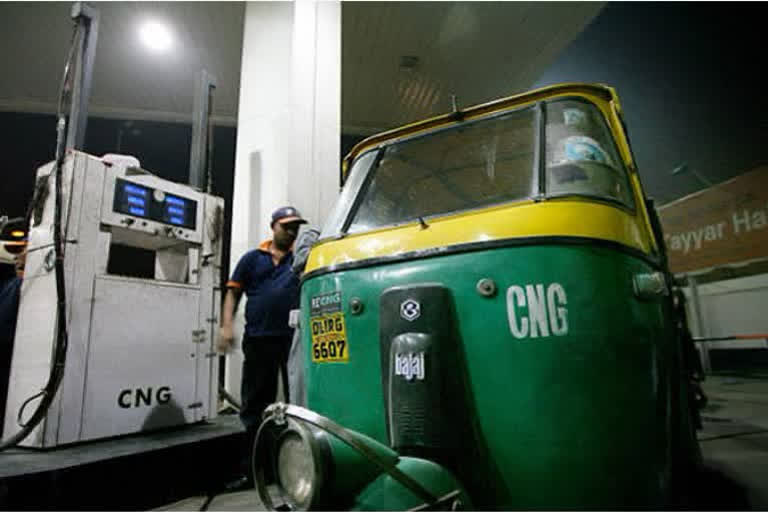New Delhi: Almost a year after Delhi started a trial of 50 Hydrogen-enriched CNG buses, the government is likely to abandon plans to scale it up, with officials saying the reduction in nitrogen oxide (NOx) levels is debatable and the return and investment is not commensurate.
Officials also said the question of converting CNG buses to HCNG does not arise when the government has taken a conscious decision to move towards electric vehicles.
The city government had started a six-month trial of the Hydrogen-enriched Compressed Natural Gas (HCNG) in a fleet of 50 cluster buses with the inauguration of India's first semi-commercial HCNG plant and dispensing station at the Rajghat depot here.
The Delhi transport department had provided Rs 15 crore for the setting up of the plant and conducting a study on the fuel to ascertain its benefits in terms of economy and emissions.
“You have to look at the larger picture. The question doesn't remain when we have taken a conscious decision of replacing and augmenting our fleet with electric vehicles,” a senior government official told PTI.
He said the study is still under evaluation and there are mixed outcomes.
“While the fuel efficiency has increased to some extent, the critical element -- whether there has been a reduction in NOx (nitrogen oxides) levels -- is debatable,” the official said.
A presentation was made before officials of the environment and transport departments. There is a divergence of views between the Indian Oil Corporation Limited (IOCL) and Indraprastha Gas Limited (IGL) on the matter, officials claimed.
Also Read: CNG price may rise 10-11% in October
The IOCL, which has developed and patented the technology for the production of the fuel, had earlier estimated that the cost escalation for shifting to HCNG buses will be about 72 paise per kilometre.
“If at all this model has to be scaled up, it entails mixing hydrogen with CNG either at source or here. If you do it here, it's a very capital-intensive project, and return and investment is not commensurate,” the official quoted above said.
“The IGL is not prepared to do the mixing at source because the level to which it is required... nowhere else in the world this has been done. So, it is a challenge,” he added.
While inaugurating the Rajghat HCNG plant, which can produce four tonnes of fuel per day, Transport Minister Kailash Gehlot had said the use of HCNG could be scaled up to other buses and private vehicles in Delhi once the trial is completed successfully.
According to reports, HCNG fuel emits 70 per cent less carbon monoxide, reduces total hydrocarbons emissions by around 15 per cent and increases fuel efficiency by 3-4 per cent.
“As it is, our buses operate on CNG and are less polluting. Making a huge investment into a project (converting CNG buses to HCNG) of this nature… we are not sure of its cost-benefit. In any case, it is a theoretical debate because we are transitioning to electric now,” the official said.
According to the Delhi government's electric vehicle policy, 50 per cent of the bus fleet has to be electric by 2025.
Delhi has around 6,750 state-run buses. Of this, 3,760 are owned by the Delhi Transport Corporation, while the rest are cluster buses, operated by private entities for the state transport department.
PTI



